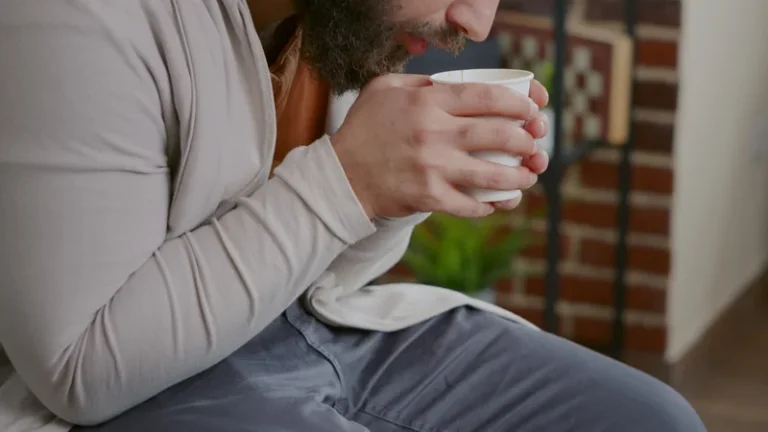
Problem drinking exists on a spectrum that ranges from mild habitual behaviour to severe physical dependence. Not having your most effective coping mechanism available to you all of a sudden can cause anger, irritability, and even grief. FDA (Food and Drug Administration) has approved the following drugs to cope with alcohol dependence. In the study, nearly 500 participants completed a questionnaire about their inclination to consider future outcomes. Afterward, they either drank an alcoholic beverage (orange juice mixed with alcohol) or a placebo (the same concoction but with minimal alcohol).
Confusion between Anger, Aggression, and Hostility
- This aggressive behavior may result in other issues, such as verbal abuse.
- Perhaps most importantly, remember that your anger is your choice.
- This can make it harder for you to think clearly and manage your behavior, leading to increased aggression.
- If you take someone more prone to anger, they will be less likely to restrain themselves while drinking.
Drug withdrawal is usually an aversive experience, and it can be a life-threatening process in individuals who have a long history of very high doses of alcohol and/or barbiturates. A history of high doses of substances is of such concern that people who are trying to overcome addiction to these substances should only do so under medical supervision. DISCLAIMERThe content of this website is provided for informational purposes only.
Health Conditions
Ultimately, nobody knows what comes first—anger or alcohol use disorder (AUD). However, some studies have been done to better understand who is more at risk. Drinking helps someone escape their negative emotion of anger, and feeling angry lets them https://ecosoberhouse.com/ avoid the fact that drinking has become a problem. The two feed off one another and can be dangerous to their health and well-being. The inability to control or suppress your emotions can lead to inappropriate or dangerous situations. Heightened responses due to alcohol consumption can make anger intensified.

Consult with Confidant Health’s professionals

Personal history and genetic factors can play a role in how someone reacts to alcohol. For example, if you have a family history of alcohol abuse or domestic violence, does alcohol cause anger issues you might be more prone to aggressive behavior when drunk. Even in less extreme cases, alcoholic rage can threaten one’s relationships, careers, safety, and more.

Treatment Options for Alcohol Abuse & Addiction
- It is important to note that alcohol-related aggression and/or violence do not occur in the majority of all chronic alcohol consumers or all alcohol-dependent individuals.
- Support groups such as Alcoholics Anonymous can also be effective as they allow you to express your feelings and provide tools to work through your anger.
- Dr. Carlos Todd PhD LCMHC specializes in anger management, family conflict resolution, marital and premarital conflict resolution.
- But effects to other neurotransmitters, including gamma-aminobutyric acid (GABA) and glutamine, may also be involved.
- Anger is not always a big issue unless it causes problems in your relationships with family, friends, and loved ones.
Family therapy addresses familial dynamics and relationships, fostering support networks and promoting open communication. Psychodynamic approaches delve into underlying emotional conflicts and unresolved traumas, offering insight and resolution. By employing these de-escalation strategies and prioritizing safety and well-being, we can effectively manage anger in intoxicated individuals and work towards a peaceful resolution of conflicts. Encouraging responsible alcohol consumption and hydration can help mitigate the risk of escalating emotions. Water and non-alcoholic beverages can help dilute drug addiction alcohol intake and promote clearer thinking.
